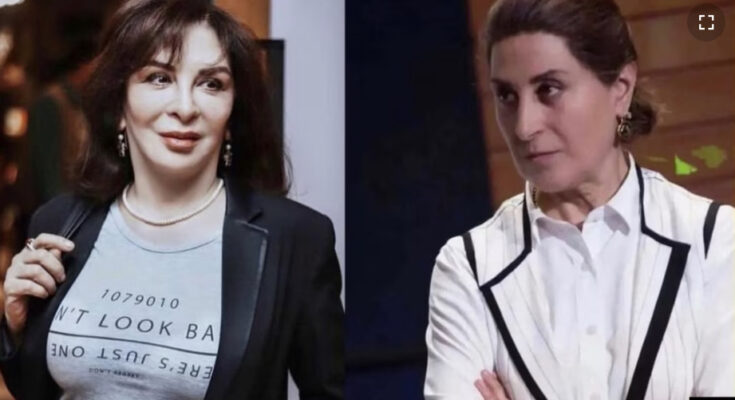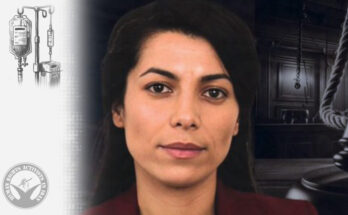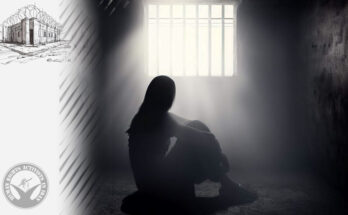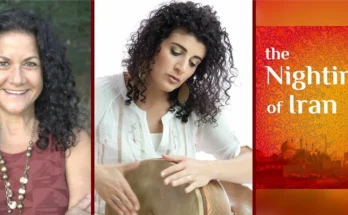Source: RadioFarda (RFE/RL)
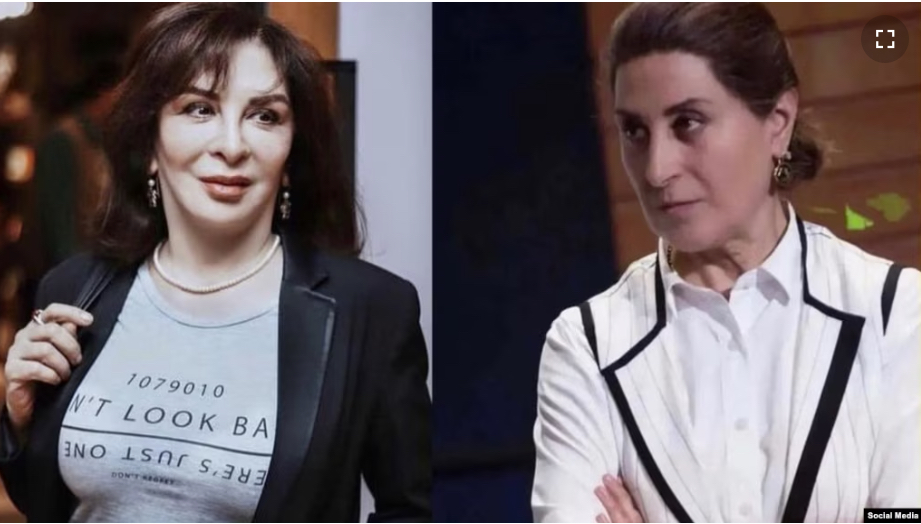
Tehran police say legal cases have been filed against prominent Iranian cinema and television actresses for appearing at a public event without wearing a hijab.
The Tehran Police Information Center announced the cases on May 2, after earlier reporting that legal cases had been filed against actresses Katayoun Riahi and Pantea Bahram for similar offenses.
The center cited “unveiling the hijab in public and publishing images on social media” as the reason for filing the cases against the actresses.
Motamed-Arya also had previously appeared without a mandatory hijab at a public funeral ceremony on April 18 along with actresses Golab Adineh and Riahi.
“It is regrettable that our most beautiful and transparent heartfelt beliefs have been trampled by hypocrisy, dictatorship, ignorance, and deceit,” veteran Iranian actress Afsaneh Bayegan, who attended the same public event without wearing a mandatory hijab, said on Instagram.
“Today, for all the children of my homeland, for the hearts of all grieving mothers, and for truth and enlightenment, this is my heart’s voice: In the name of a woman, life and freedom; in the name of a man, homeland and prosperity,” she added.
Such acts of civil disobedience have increased in Iran, where the country’s “hijab and chastity” law requires women and girls over the age of 9 to wear a head scarf in public, since the death of 22-year-old Mahsa Amini while in the custody of the morality police on September 16 for an alleged hijab offense.
Since Amini’s death, Iranians have flooded onto the streets across the country to protest against a lack of rights, with women and schoolgirls putting up unprecedented shows of support in what is considered to be one of the biggest threats to the Islamic government since the 1979 revolution.
The protests have provoked a deadly state crackdown, with law enforcement and security forces killing scores of demonstrators, according to human rights groups.
While the protests appear to be waning, resistance to the hijab is likely to increase, analysts say, as it is seen now as a symbol of the state’s repression of women and the deadly crackdown on society.
In recent weeks, officials have warned women to respect the hijab law and have threatened to punish violators. The authorities have also shut down businesses, restaurants, cafes, and in some cases, pharmacies due to the failure of owners or managers to observe Islamic laws and hijab rules.
Several Iranian cinematographers and prominent public figures have also been summoned by the police or arrested, including director Hamid Pourazari.
Other celebrities, including actor Hamid Farrokhnejad, have been interrogated and have had their passports confiscated after showing support for the protests.
Written by Ardeshir Tayebi based on an original story in Persian by RFE/RL’s Radio Farda

